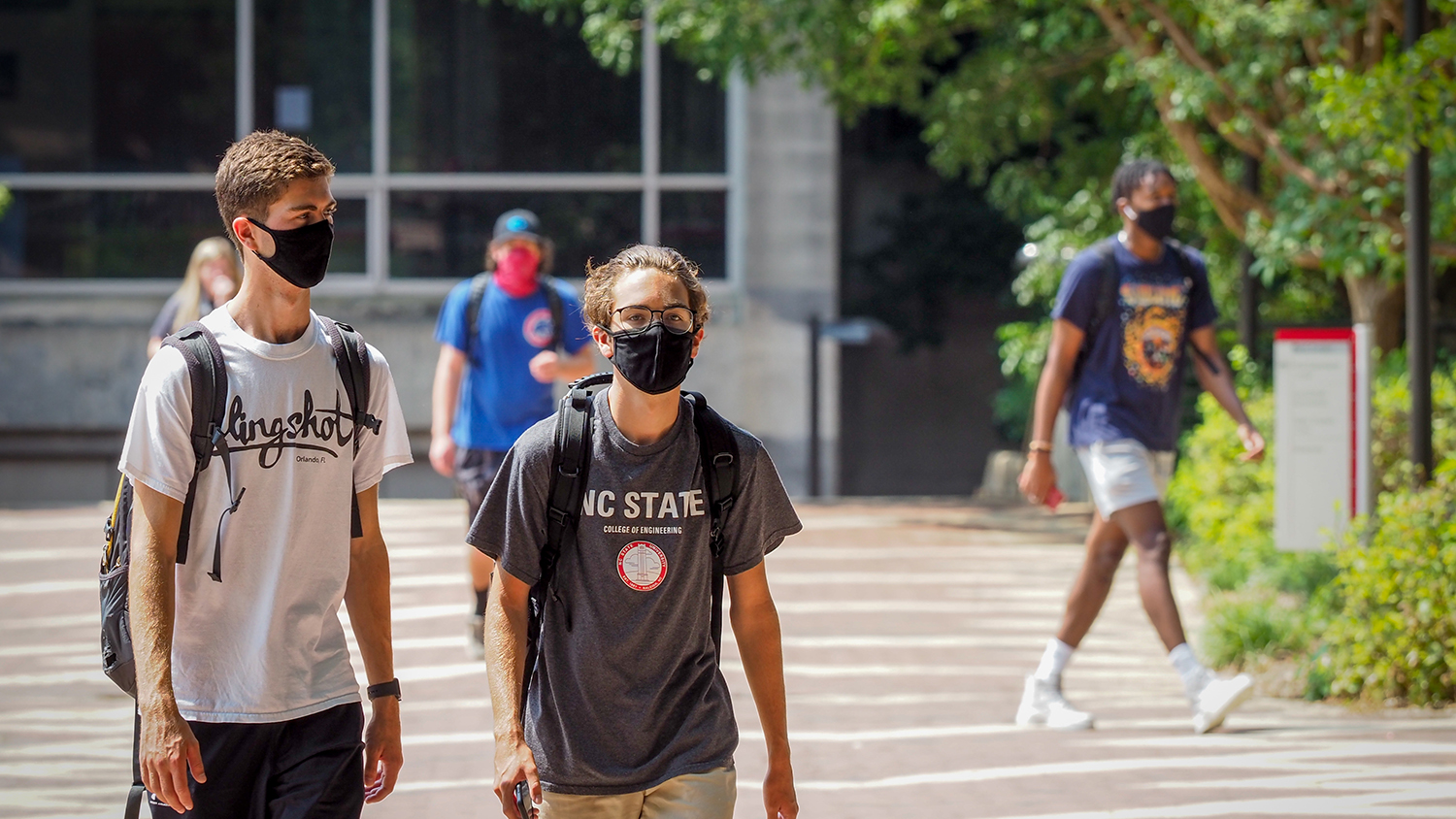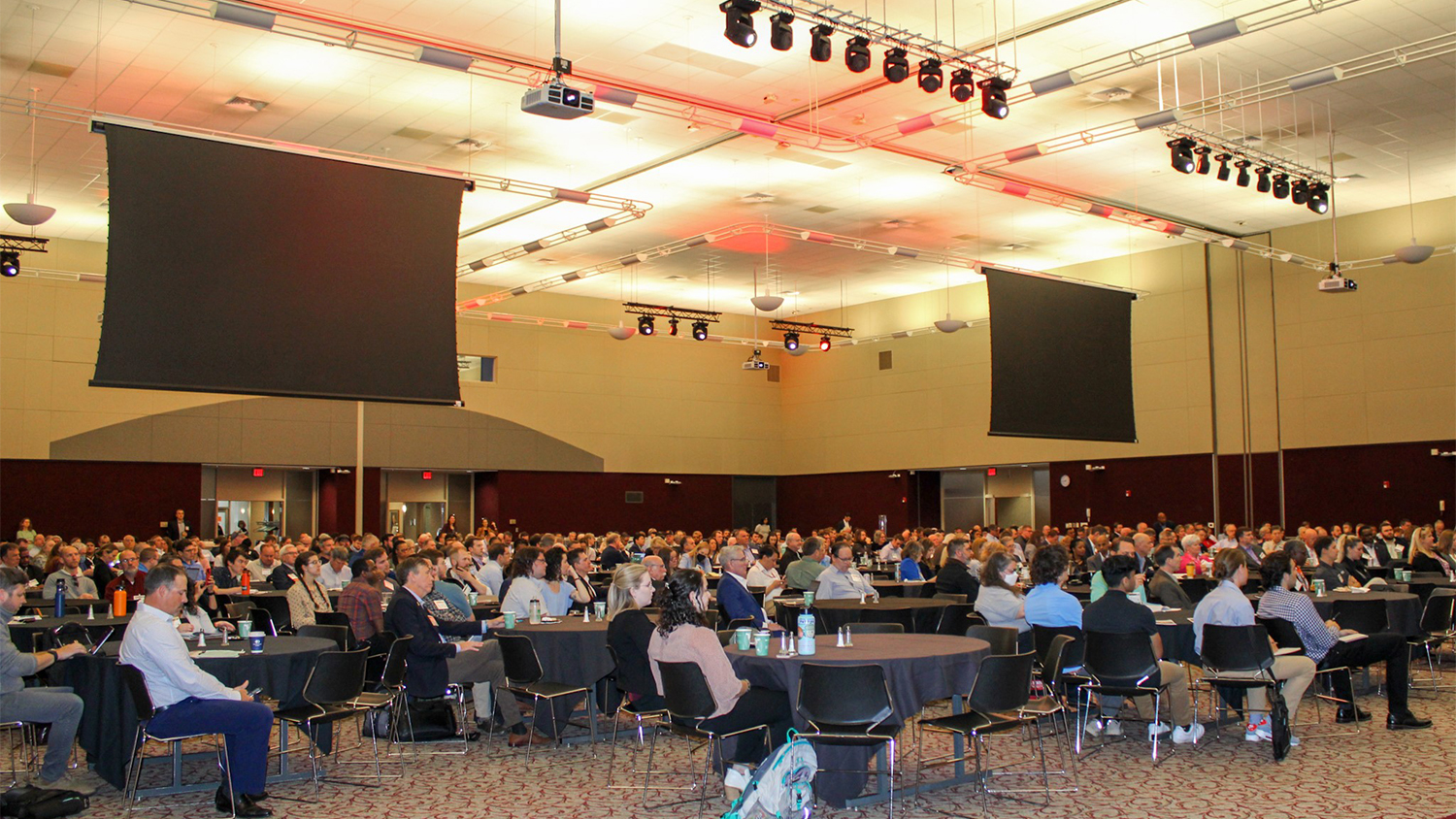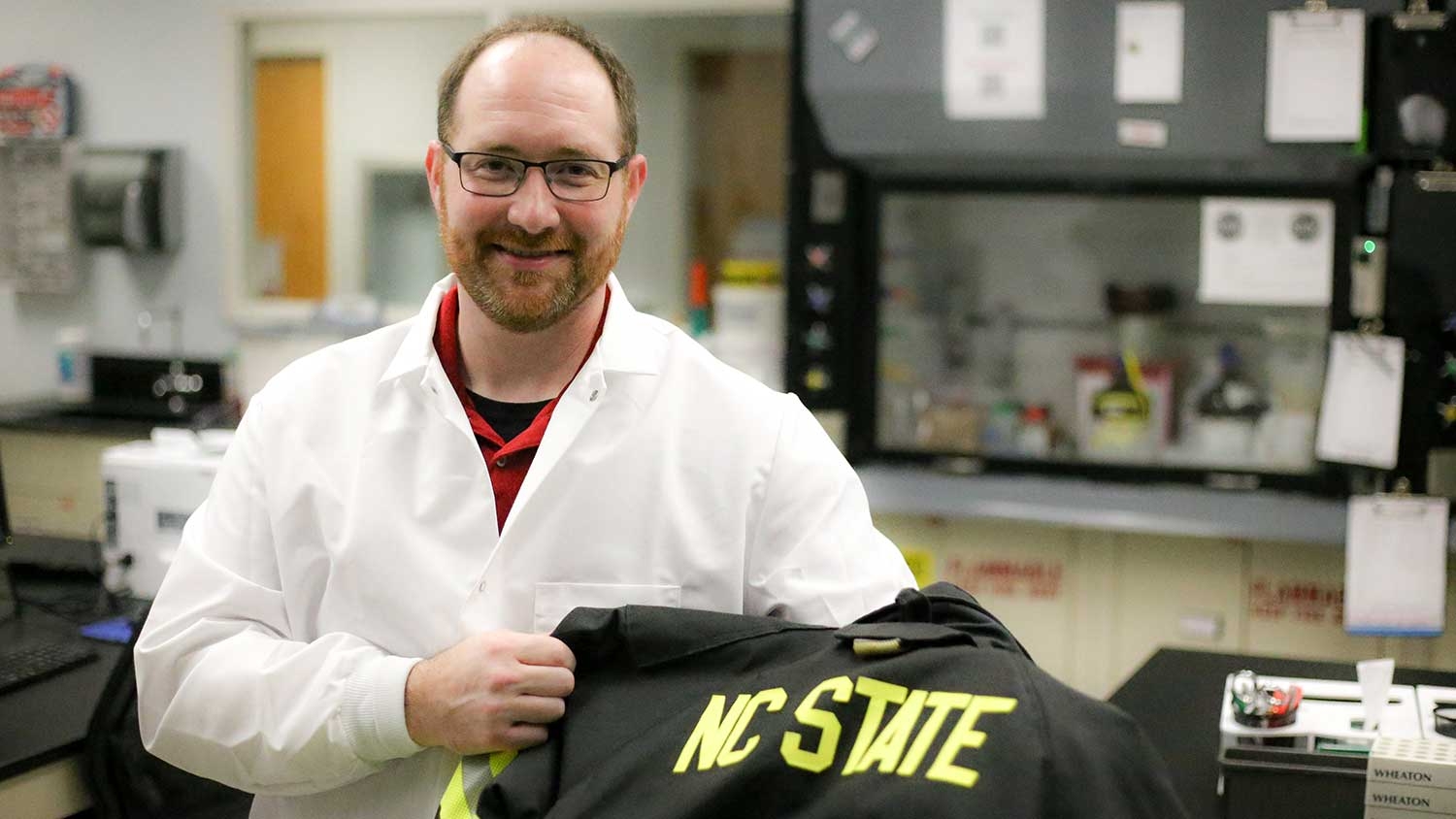Anonymous donors provide vital support for deans’ priorities

A College of Engineering alumnus and his wife have provided a significant legacy gift to the College. The couple, who wish to remain anonymous, have made a bequest through their estate plans that will provide funding to the College of Engineering dean’s discretionary funds. These philanthropic monies will be used by future deans of NC State Engineering to pursue their priorities related to research, teaching and programmatic needs that may not be covered through other revenue sources.
The electrical engineering alumnus, who has retired after a career in the aerospace and defense technology industry, has been an annual donor to NC State for more than 40 years and wanted to give back out of a recognition of the value that the engineering degree had for his career.
“My education at NC State was probably the investment of a lifetime,” he said.
Both husband and wife were executives during their working careers and believed in empowering the colleagues that they managed to make decisions. That attitude helped motivate the nature of this unrestricted gift. His belief, the alumnus remarked, is that it’s wise to allow those in an organization who are familiar with the important needs to have as much spending flexibility as possible.
Louis Martin-Vega, dean of the College since 2006, said that he has used discretionary funds in many different ways that include promotion and enhancement of the College’s academic programs, providing matching funds for research grants or supporting unexpected expenses.
Over the last few years, the College has used discretionary funding to support the National Science Foundation Center for Advanced Self-Powered Systems of Integrated Sensors and Technologies (ASSIST) led by NC State and students from underrepresented groups who have received GEM fellowships. It has purchased personal protective equipment for faculty and staff members and students during the COVID-19 pandemic and supported an effort to provide food for members of the campus community who are experiencing hunger, among other priorities.
“The level of flexibility it provides to do those things that cannot be done through our academic budget or other budgets is what makes it extremely valuable,” Martin-Vega said of discretionary funds.
While discretionary funding can be used to provide continuity during tight times if needed, that’s not the primary goal. Instead, the intent is that they will be utilized on needs that can advance the College even further on its path to preeminence. As the College looks to continue its growth in national rankings among colleges of engineering, no institution is standing still. With many of NC State Engineering’s peer colleges making significant investments that enhance their research capabilities and ability to recruit top students and faculty members, these kinds of investments are crucial for the College, Martin-Vega said.
Return to contents or download the Spring / Summer 2021 NC State Engineering magazine (PDF, 52.0 MB).
- Categories:


